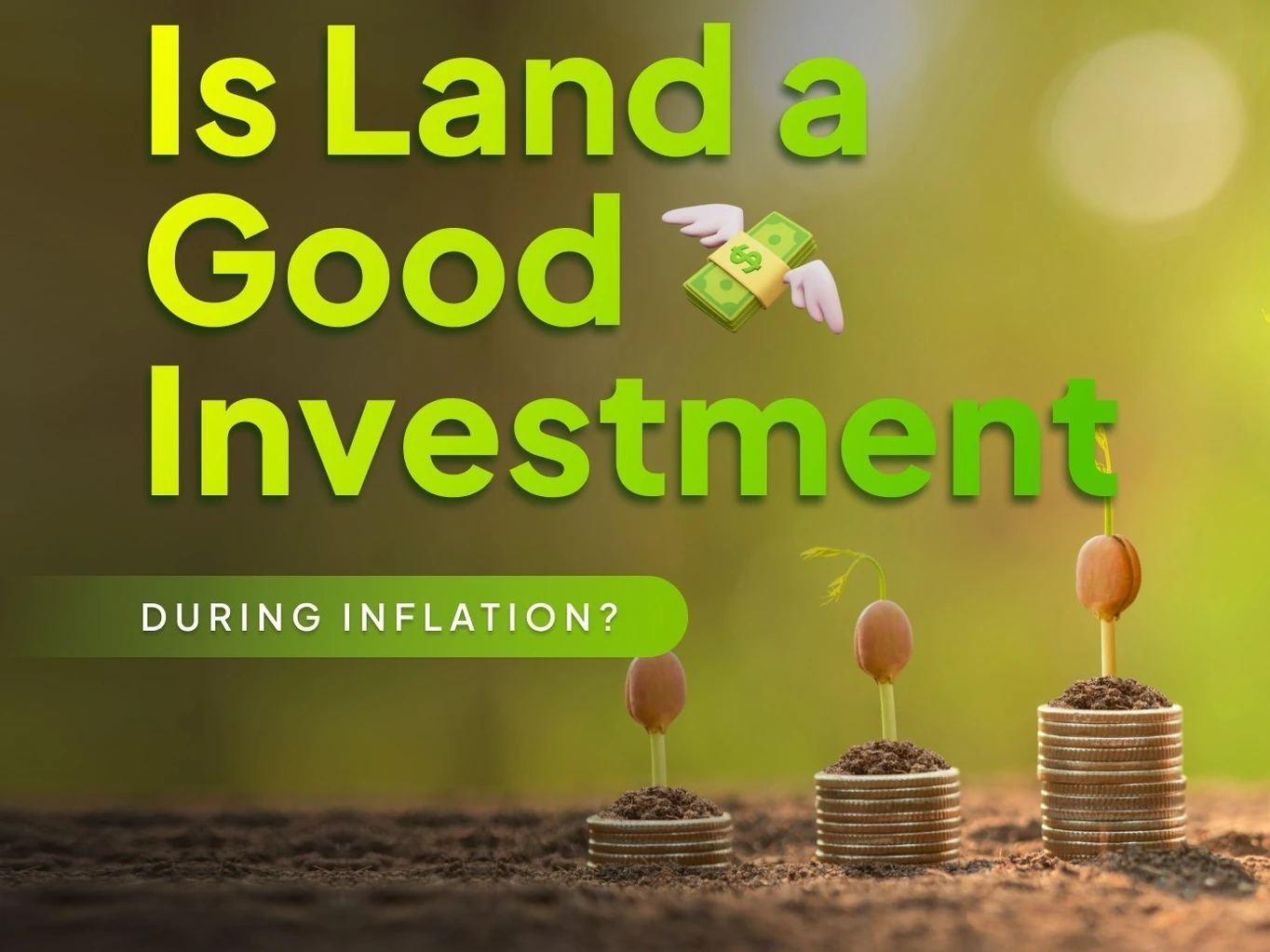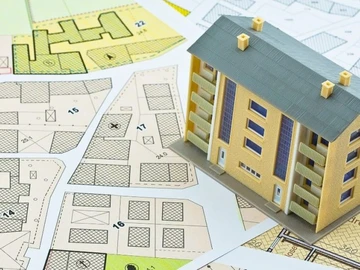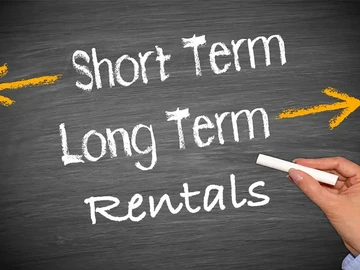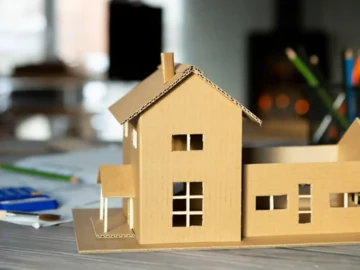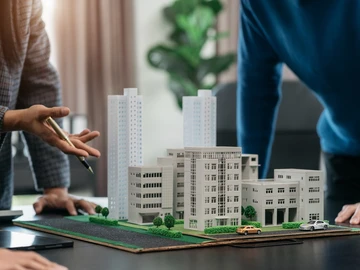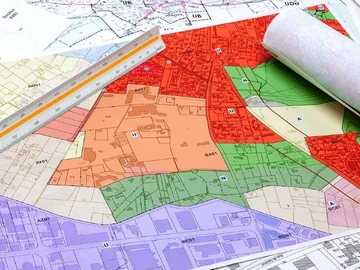In Zimbabwe’s volatile economic landscape, inflation remains a persistent challenge. As the cost of goods and services increases, many investors are turning to real estate as a hedge against inflation. Among the most popular options is buying a stand a vacant piece of land that can be developed or held for future profit.
But can purchasing a stand actually beat inflation in Zimbabwe? Let’s explore why this could be one of the most solid investment strategies in an unpredictable economy.
What is Inflation, and How Does It Impact Investments?
Inflation refers to the rising prices of goods and services over time, which erodes the purchasing power of money. In countries like Zimbabwe, hyperinflation has been a reality, leading to rapid depreciation of the national currency and creating uncertainty for investors.
In such an environment, traditional savings (in banks, for example) are often rendered useless, as the value of money rapidly declines. Real estate, on the other hand, has historically been seen as a tangible asset that holds its value, and in many cases, appreciates over time, making it an attractive option for combating inflation.
Can Buying a Stand Help Beat Inflation?
1. Land Typically Increases in Value Over Time
While inflation causes the cost of living to increase, land value has historically trended upward. Here’s why:
- Limited supply of land: Land is finite, and as the population grows, the demand for land increases. Whether in urban or rural areas, land is always a sought-after commodity.
- Rising construction costs: As inflation drives up the cost of materials and labor, the cost of developing land increases, which in turn drives up land values.
- Urbanization: Zimbabwe’s growing cities, like Harare and Bulawayo, are seeing more demand for residential, commercial, and industrial land. This growth directly impacts the value of land within city limits and surrounding areas.
Stat: According to the Zimbabwe National Statistics Agency (ZIMSTAT), property prices in Harare have increased by 12-15% annually in recent years, outpacing inflation in most sectors.
2. Land as a Long-Term Investment
When compared to other types of assets, land provides investors with an opportunity for long-term gains. While stocks and bonds may fluctuate in the short term, land can provide:
- Capital appreciation over time
- Income through renting or leasing if developed
- Secure ownership as a hedge against currency devaluation
Inflation may cause short-term uncertainty, but holding onto land typically leads to long-term value retention and potential growth.
3. Land Can Generate Passive Income
A major advantage of buying a stand, especially in high-demand areas, is the potential to rent or lease the land. Landowners can earn passive income through:
- Renting the land for agricultural use
- Leasing it for commercial or industrial development
- Selling plots over time for profit as urban expansion increases
This income stream can help you stay ahead of inflation and generate consistent returns even when the market is volatile.
The Case for Buying Land in Zimbabwe’s Key Areas
Harare and Bulawayo: The Hub of Demand
- Harare, Zimbabwe’s capital, continues to see urban sprawl. As the demand for housing, office space, and commercial areas increases, so does the price of land.
- Bulawayo, although slower in growth compared to Harare, offers opportunities in areas like Nkulumane, Ilanda, and Hillside, where land is still affordable but steadily appreciating.
As inflation drives up construction costs, land in these cities becomes even more valuable. Buying a stand in the right location today could lead to substantial capital appreciation over the next few years.
How to Maximize the Potential of Buying a Stand
To ensure that buying a stand helps you beat inflation, keep these strategies in mind:
1. Choose the Right Location
- Urban expansion areas: Look for land in areas that are likely to benefit from urbanization, such as suburbs or towns on the outskirts of major cities.
- Infrastructure development: Areas with planned infrastructure improvements (e.g., roads, schools, shops) tend to see rapid appreciation.
2. Consider Land Development
If you have the resources, consider developing the land. Whether you build residential or commercial properties, this can significantly increase the land’s value and rental income potential.
3. Work with Real Estate Professionals
Partner with experienced real estate agents and legal advisors to ensure the land is properly vetted, the title deed is clear, and you have no issues with ownership or encumbrances.
Conclusion: Is Buying a Stand the Best Way to Beat Inflation in Zimbabwe?
The short answer is yes buying a stand in Zimbabwe can be an effective strategy for beating inflation. With inflation driving up the cost of living, land offers a safe and appreciating asset that provides both short-term and long-term benefits. It’s a tangible investment that tends to outpace inflation over time, especially when located in high-demand areas with growing infrastructure.
However, it’s important to do your due diligence to ensure you are investing in the right area and property. With the right approach, purchasing land can help you preserve and grow your wealth, regardless of inflation.
 Continue with Facebook
Continue with Facebook
 Continue with Email
Continue with Email

